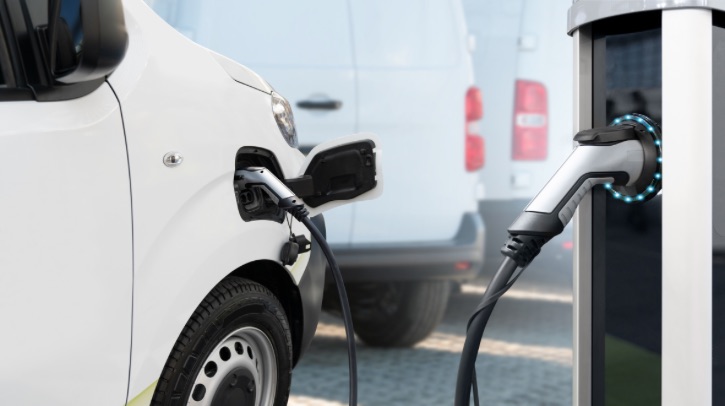Australian small business courier Sendle has launched a A$100,000 pilot fund to incentivize carriers in its shipping network to convert to electric vehicles (EVs) and reduce carbon emissions.
The Future Fleet Fund is designed to help drivers, especially those that operate as small businesses, who struggle with the initial costs associated with purchasing an EV and charging infrastructure.
According to Sendle, this is the first such fund in the world specifically targeted at converting small parcel delivery services. It builds on Sendle’s 10-year commitment to sustainable shipping.
“When it comes to shipping, the biggest emissions are from the delivery vehicles themselves,” said Veena Harbaugh, director of sustainability at Sendle. “While EV delivery vans are cheaper to run in the long run, their higher upfront costs still lead most businesses to buy diesel or gas vehicles. The Future Fleet Fund creates a mechanism for Sendle’s carriers to decarbonize and bridge the gap on the initial investment and operational challenges associated with EV adoption.”
Vehicle conversion bids
The pilot fund began in January 2025 and is being rolled out to select suppliers. It is the first step toward an annual program, with the potential to scale to more partners and investors seeking to decarbonize shipping and accelerate the industry toward net zero shipping.
Sendle suppliers will submit bids for vehicle conversion funding. The bids must include details of the vehicle they seek to replace or would be purchasing if this is an expansion of their fleet, as well as vehicle use, including things like weight, distance and days in operation.
Bids will be evaluated by Sendle based on potential carbon avoidance impact for the amount of funds sought. Awarded carriers must provide documentation of EV purchase and commit to ongoing reporting of vehicle use, energy source and amount of energy used for charging.
Zero-emission target
According to Sendle, the Future Fleet Fund will become the centerpiece of its ongoing sustainability and environment initiatives. In addition to shipping 100% carbon neutral since 2014, Sendle is expanding that commitment across its operations and network, looking to reduce its carbon intensity each year until it reaches net zero emissions by 2040.
Harbaugh added, “Sendle’s deep environmental ethos goes all the way back to the very beginning of the company. Since 2014, we’ve been taking accountability for the carbon emissions that are being released through our network of carriers. The Future Fleet Fund is a way of advancing our goal toward net zero shipping and delivering better rates and services for small businesses.”


